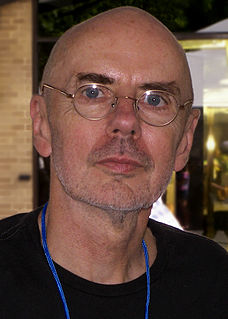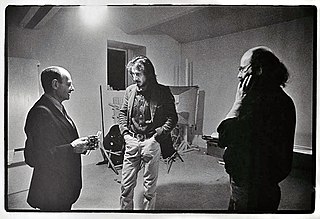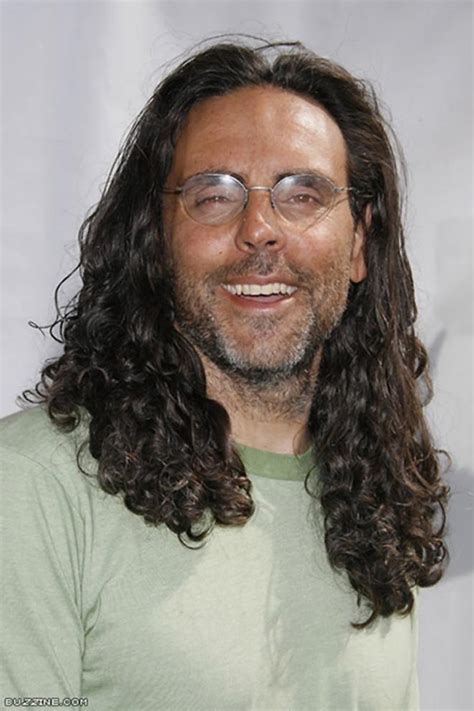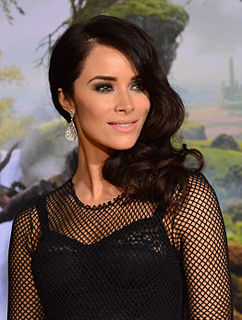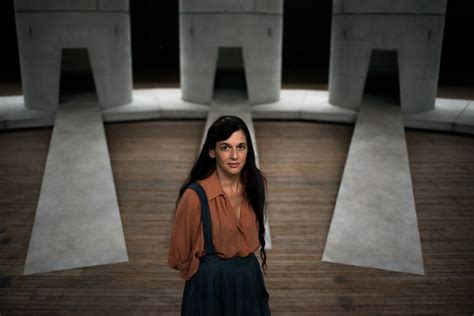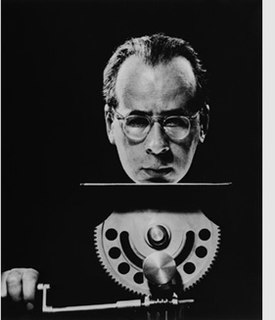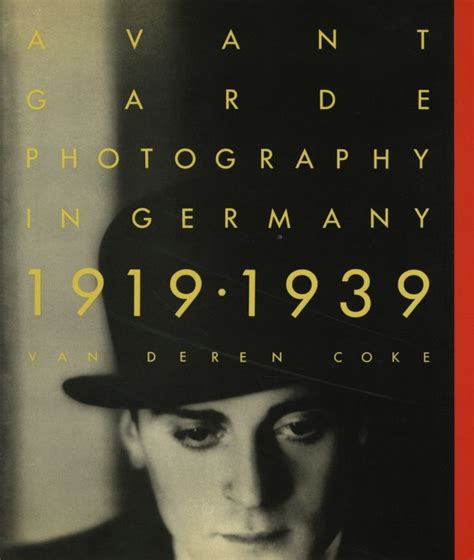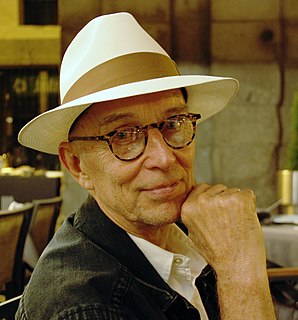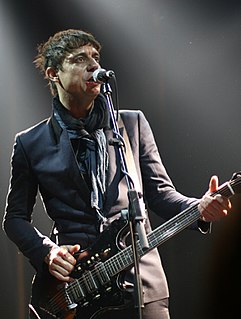A Quote by Eugene Richards
...it is pretentious for photographers to believe that their pictures alone change things. If they did, we wouldn't be besieged by war, by incidents of genocide, by hunger. A more realistic assessment of photography's value is to point out that it is illustrative of what's going on, that it provides a record of history, that photographs can prompt dialogue.
Related Quotes
Saudi Arabia is so conservative. At first there were photographs of women I took that I couldn't publish - of women without their abayas. So I started writing out little anecdotes about things I couldn't photograph and wove it in with a more obscure picture and called it "moments that got away". I realised these worked as well as the photographs by themselves. There are a lot of photographers who feel the story is all in the photographs but I really believe in weaving in complementary words with the pictures.
The photographs are not illustrative. They, and the text, are coequal, mutually independent, and fully collaborative. By their fewness, and by the importance of the reader’s eye, this will be misunderstood by most of that minority which does not wholly ignore it. In the interests, however, of the history and future of photography, that risk seems irrelevant, and this flat statement necessary.
Documentary photography is becoming more illustrative as people become more familiar with photography’s limitations and vulnerabilities. Reality has always been interpreted through layers of manipulation, abstraction, and intervention. But now, it is very much on the surface. I like this honesty about its dishonesty. Every photograph has many truths and none. Photographs are ambiguous, no matter how seemingly scientific they appear to be. They are always subject to an uncontrollable context. This is a tired statement, but worth repeating.
We're living in an age of genocide. ...And we do believe that there is not only the genocide of war, and the genocide that took place with the extermination of the Jews, but the whole program....of birth control and abortion is another form of genocide.... [T]hey claim the poor are bringing forth tremendous numbers of children and so the solution is to kill them off.
Anthropology... has always been highly dependent upon photography... As the use of still photography - and moving pictures - has become increasingly essential as a part of anthropological methods, the need for photographers with a disciplined knowledge of anthropology and for anthropologists with training in photography has increased. We expect that in the near future sophisticated training in photography will be a requirement for all anthropologists. (1962)
A photographer's best pictures are from deep inside him, and also some of the worst. Some photographers enjoy distinguished careers without ever taking personal photographs. Others, audaciously and arrogantly and courageously discharge their most private feelings through photography. Trouble is, sometimes it all adds up to baloney.
